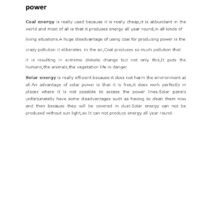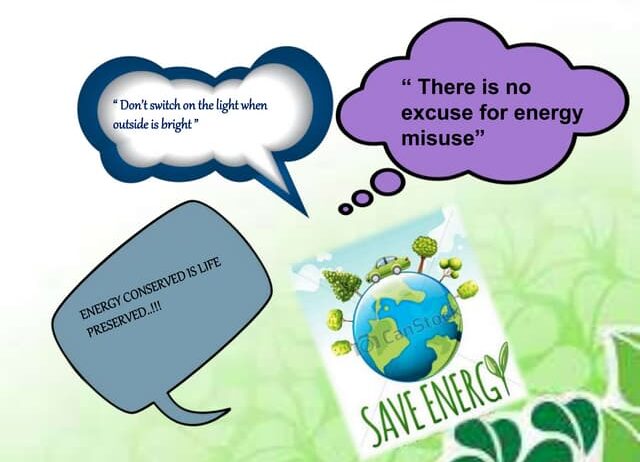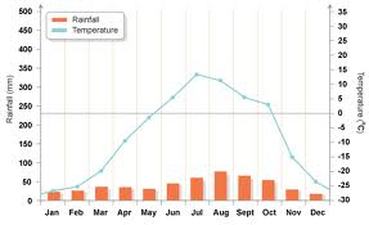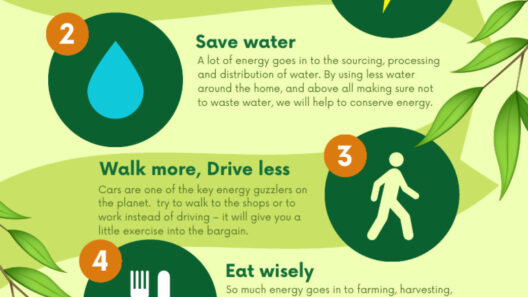The world of healthcare is a complex ecosystem, where every cog in the wheel plays a vital role in the overarching mission: to promote health and save lives. Within this intricate landscape lies the often-overlooked realm of energy conservation. The metaphor of a lifeguard ensuring the safety of swimmers offers a vivid encapsulation of the role energy conservation plays in this field; just as a lifeguard scans the waters for potential hazards, healthcare facilities must identify areas where energy can be saved for a healthier future. What does energy conservation mean in healthcare? It is an essential practice that not only reduces costs but also safeguards the planet and enhances patient care.
To understand the significance of energy conservation in healthcare, it is vital to unpack its multifaceted implications. At its core, energy conservation is the careful management of energy resources to reduce consumption without compromising the quality of services delivered. In hospitals and clinics, energy usage can be exorbitant, often attributed to extensive operational hours, the use of advanced medical technologies, and the need for sterile environments. Thus, adopting energy-efficient practices serves as both a fiscal and humanitarian benefit.
A healthcare facility’s relationship with energy is akin to that of a patient with their caregiver; it demands vigilance, evaluation, and strategic intervention. Hospitals consume more energy per square foot than other commercial buildings due to their requirements for lighting, heating, ventilation, refrigeration, and numerous medical devices. For example, the relentless hum of MRI machines and the sterile glow of surgical lights are the lifeblood of modern medicine; however, they come at a steep energy cost. Consequently, addressing energy consumption in healthcare operates on two levels: operational excellence and environmental stewardship.
In operational terms, the commitment to energy conservation can yield substantial cost savings. Healthcare systems are perpetually challenged by rising operational expenses. By implementing energy-efficient strategies, facilities can allocate more resources to essential patient care rather than utility bills. For instance, a comprehensive energy audit might reveal neglected opportunities for improvement, such as enhancing insulation or upgrading to energy-efficient HVAC systems. Such inadvertent oversights can create significant financial relief, a boon for constrained budgets.
The ecological dimension of energy conservation cannot be overstated. The healthcare industry contributes substantially to global carbon emissions, making its commitment to sustainability imperative. By shifting to renewable energy sources, such as solar or wind power, healthcare institutions create an environmental legacy that aligns with their mission to heal. The adoption of energy conservation practices, such as utilizing LED lighting, optimizing water usage, and employing smart technology, becomes a formidable strategy against climate change.
Furthermore, energy conservation in healthcare is about enhancing patient experiences and improving outcomes. A well-regulated environment contributes to a more healing atmosphere. Consider the role of natural light; studies reveal that exposure to natural light enhances mood and promotes recovery, making it an integral part of patient-centered design. By reducing reliance on artificial light sources through architectural innovations, like strategically placed windows, healthcare facilities can create spaces that are both eco-friendly and conducive to healing.
Moreover, energy-efficient practices extend beyond physical infrastructure to include the promotion of sustainability culture among healthcare workers. Conducting workshops on energy conservation practices, integrating sustainability into training, and fostering awareness can instill a sense of shared responsibility. An enthusiastic team can serve as advocates for change, transforming energy conservation from mere policy into a vital aspect of the organizational ethos.
The integration of advanced technologies also plays a crucial role in the journey towards energy conservation in healthcare. Artificial intelligence (AI) and the Internet of Things (IoT) offer innovative ways to monitor and manage energy consumption. Smart systems can analyze usage patterns and automatically adjust energy consumption based on real-time needs, further enhancing efficiency. Such technologies represent not only a cost-saving opportunity but also a profound shift towards a future where healthcare facilities can operate sustainably while delivering superior care.
As the healthcare sector grapples with the implications of climate change, energy conservation emerges as an intrinsic part of a holistic approach to wellness. There exists a symbiotic relationship between the health of the planet and the health of individuals. A commitment to energy conservation represents a righteous path towards not only reducing waste and emissions but also protecting vulnerable populations disproportionately affected by environmental issues. As healthcare providers advocate for their patients, so too must they advocate for the planet.
The implications of conserving energy extend far beyond immediate benefits; they resonate through generations, instilling a culture of sustainability within the fabric of healthcare. Just as every patient’s health journey is unique, every healthcare facility’s approach to energy conservation must be tailored to its specific needs and challenges. The undertaking may seem daunting, but like the steadfast work of doctors and nurses, it is a labor of love that promises profound rewards.
In conclusion, energy conservation in healthcare is not merely a fiscal exercise; it is a commitment to preserving life in a broader sense. It embodies the spirit of innovation, responsibility, and humanity that defines the medical profession. By embracing energy conservation, healthcare facilities can improve their operational efficiencies, enhance patient care, and strive towards a more sustainable future. Like the lifeguard vigilant on the shores of safety, let us ensure that every action taken today contributes not only to the wellbeing of individuals but also to the stewardship of our planet. Saving energy is indeed saving lives.








